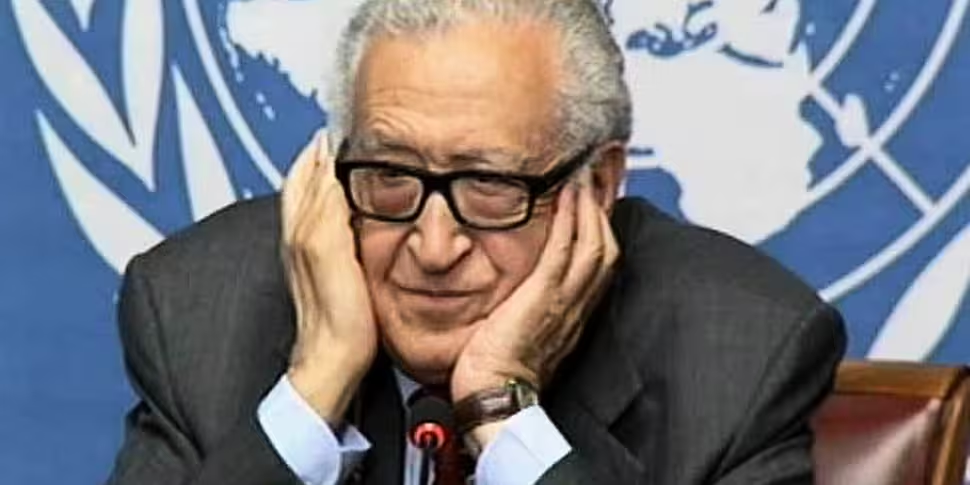The United Nations (UN) envoy to Syria says any external military action against the Syrian government must have the backing of the UN Security Council.
Lakhdar Brahimi said he was opposed to any external military action - adding that the war between government forces and opposition groups has already killed 100,000 people.
He said some form of substance was used against civilians on August 21st in Damascus, but said the UN chemical inspectors on the ground must be given the opportunity to undertake their investigations.
"International law says that military action must be taken after a decision by the Security Council. I do know that President Obama and the American administration are not known to be trigger happy. What they will decide I don't know" he said in Geneva.
"But certainly international law is very clear, the Security Council has to be brought in".
"I don't think you will find many people who think that this is the first outrageous thing that has been done by this regime. 100,000 people have been killed. Quite a few of them have been killed by the regime. From my point of view, if there is one complaint about the international community it's that they haven't done enough before 21st of August" he added.
Mr. Brahimi said the situation in Syria was unacceptable and appealed to Syrians and the international community to develop the political will to address the crisis seriously.
Meanwhile Britain has drafted a UN resolution condemning the attack and "authorising all necessary measures". It will be put forward when the five permanent members of the UN Security Council meet in New York later.
A meeting at Downing Street is expected to discuss the intelligence gathered by UN inspectors from their initial visit to Mouadamiya, the site of last week's suspected chemical weapons attack that allegedly killed more than 1,300.
It is understood the most likely military response would be a strike launched from US Navy warships against targets such as command and control bunkers. The US Navy is repositioning several vessels in the eastern Mediterranean, including four cruise missile-carrying destroyers and a missile-firing submarine.
Iran's Supreme Leader Ayatollah Ali Khamenei has also responded to the rising tensions.
He reportedly said that US military intervention in Syria would be "a disaster for the region".
"The region is like a gunpowder store and the future cannot be predicted," Iran's ISNA agency quoted him as saying.
The UK Prime Minister David Cameron and US President Barack Obama have agreed that "all the information available confirmed a chemical weapons attack had taken place", a Downing Street spokesperson said on Wednesday morning.
NATO has also given its support for tough action against Syria, "condemning in the strongest possible terms these outrageous attacks. Those responsible must be held accountable" it added.
The British Parliament will be recalled on Thursday for a final vote on what action the UK should take.
Russia has confirmed it has started to pull its citizens out of Syria as the likelihood of military action increases. It flew 89 people out of the country on Tuesday night and 28 more on Wednesday morning.
The country is strongly against the intervention, with Russian Foreign Minister Sergei Lavrov believing it would seriously destabilise the region.









